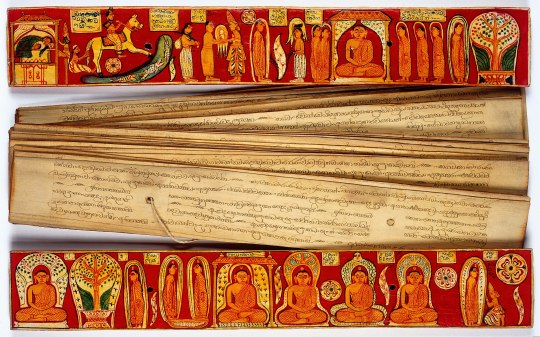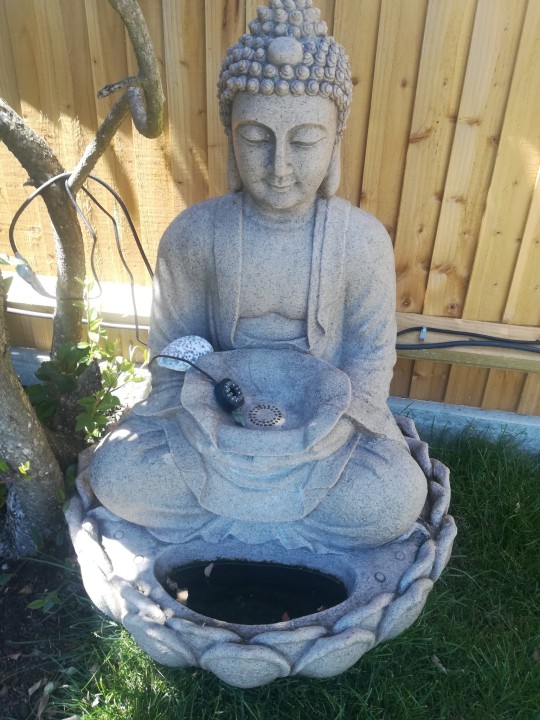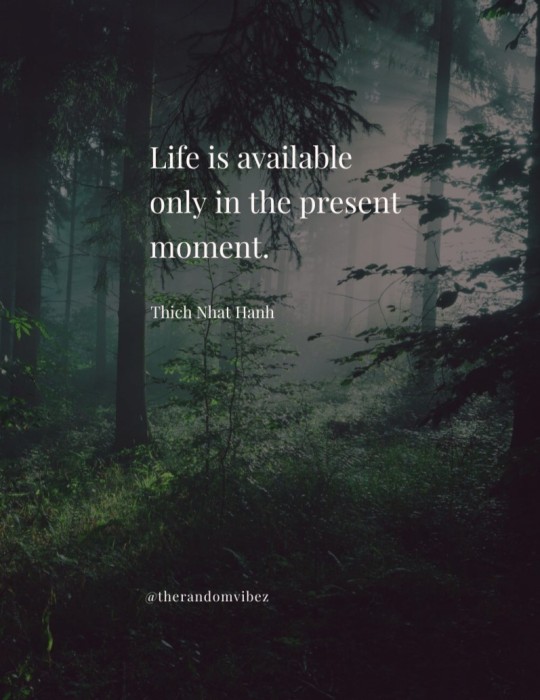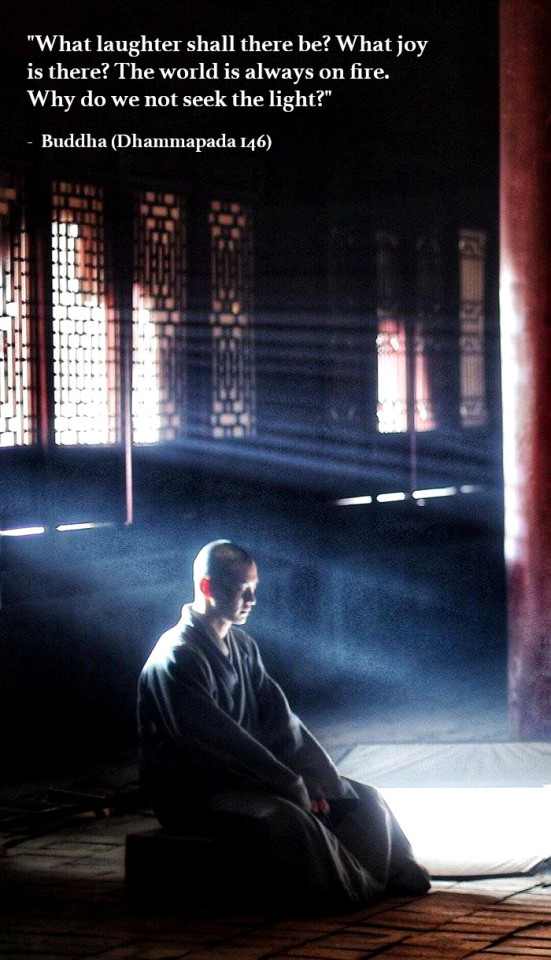#Buddha (Quotes)
Text
Deep down, we know it to be true. We know that possessions don't equal joy. And we know full well that our lives are too valuable to waste chasing them.
#life quotes#mindless self indulgence#self discovery#key to happiness#life reminders#social media is fake#life advice#meaning of life#humanity quotes#wisdom quotes#zen#buddha quotes#religion quote#spiritual quotes#how to live#life quote of the day#motivateyourself#make a change#new years resolutions#world revolution#responsibility#quotes to live by#positive quotes#contemplating life#deep words#words of wisdom#be true to yourself#social conditioning#higher state of consciousness#money quotes
107 notes
·
View notes
Text
If you want to fly, give up everything that weighs you down.
Buddha
#inspirational quotes#quotes#best quotes#quote of the day#positive thoughts#garden of words#words#life quotes#buddha#buddha quotes
125 notes
·
View notes
Text
"All that we are is a result of what we have thought"
-Buddha
#buddha#buddha quotes#manifestation#manifestation quotes#law of attraction quotes#law of assumption quotes#life#love#quotes#positive quotes#positive mindset
12 notes
·
View notes
Text

“Be where you are; otherwise you will miss your life.”
-Lord Buddha-
#lordbuddha #buddha #buddhaquote #quotes #powerfulmind
#buddha#buddha quotes#qoutes#quoteoftheday#success#youtube#mindfulness#happiness#positivity#motivación#inner peace#quotes#life quote
13 notes
·
View notes
Photo

The Quest for Buddhism (104)
Buddhist cosmology
The Five Hindrances – Sutras-based references [So far]
In the Samannaphalasutta, the removal of the five covers is mentioned as a stage after the ordained person has completed the precepts and before he/she enters the 1st dhyana. It is stated that the removal of the five hindrances produces joy, pleasure, bodily peace, ease and samadhi in the person and prepares him or her for entry into the 1st dhyana
In the Pali Canon's Samyutta Nikaya, several discourses juxtapose the 5 hindrances with the 7 factors of enlightenment (satta bojjhanga: Ref). For instance, according to SN 46.37, the Buddha stated:
“Bhikkhus, there are these five obstructions, hindrances, corruptions of the mind, weakeners of wisdom. What five? Sensual desire... ill will... sloth and torpor ... restlessness and remorse... doubt...
There are, bhikkhus, these seven factors of enlightenment, which are nonobstructions, nonhindrances, noncorruptions of the mind; when developed and cultivated they lead to the realisation of the fruit of true knowledge and liberation. What seven? The enlightenment factor of mindfulness... equanimity...”
In terms of gaining insight into and overcoming the Five Hindrances, according to the Satipatthana Sutta, the Buddha proclaimed:
How, monks, does a monk live contemplating mental objects in the mental objects of the five hindrances?
Herein, monks, when sense-desire is present, a monk knows, "There is sense-desire in me," or when sense-desire is not present, he knows, "There is no sense-desire in me." He knows how the arising of the non-arisen sense-desire comes to be; he knows how the abandoning of the arisen sense-desire comes to be; and he knows how the non-arising in the future of the abandoned sense-desire comes to be.

仏教の探求 (104)
仏教の宇宙論
五蓋 (ごがい) 〜 経典に基づく参考文献(これまで)
沙門果経 (しゃもんかきょう、巴: サーマンニャパラ・スッタ)では、出家者が戒律を収めた後、初禅に入る前の段階として、この五蓋 (ごがい)の除去が言及される。五蓋が取り除かれることで、その人には歓喜・喜悦、身体の軽安 (きょうあん)・安楽・三昧が生じ、初禅へと入っていく準備が整うと述べられる。
パーリ仏典の相応部経典 (巴:梵: サンユッタ・ニカーヤ/SN) には、五蓋 (ごがい)と悟りの七つの要素(七覚支:しちかくし、巴: サッタ・ボッジャンガー参照)を並べた説話がいくつかある。 例えば、SN 46.37 によると、仏陀はこう述べている:
「僧侶たちよ、これら五つの障害、邪魔、心の腐敗、知恵の弱体化がある。その五つとは何か?官能的な欲望...悪意...怠惰と沈滞...落ち着きのなさと後悔...疑い...。
僧侶たちよ、これら7つの悟りの要因は、心の非障害、非妨害、非腐敗であり、発展し修行すれば、真の知識と��放の果実を実現することにつながるのである。7つとは何か?悟りの要素であるマインドフルネス...平常心...。」
念処経 (ねんじょきょう、巴:サティパッターナ・スッタ)によると、五蓋 (ごがい) を洞察し克服するという点で、釈尊はこう宣言している:
「僧侶たちよ、僧侶はいかにして 五蓋 (ごがい) の心的対象を観想して生きるか。
ここで、僧侶は、感覚的欲望があるとき、"私の中に感覚的欲望がある "と知り、感覚的欲望がないとき、"私の中に感覚的欲望はない "と知るのである。また、発生しない欲望がどのように発生するかを知り、発生した欲望をどのように捨てるかを知り、捨てた欲望が将来どのように発生しなくなるかを知っているのである。」
#five hindrances#buddhism#buddha quotes#pali cannon#mindfulness#buddhist sutras#wisdom#philosophy#nature#true tranquility#art
111 notes
·
View notes
Text

Visit Our Site to Read More Budhha Quotes
15 notes
·
View notes
Quote
Thousands of candles can be lighted from a single candle, and the life of the candle will not be shortened. Happiness never decreases by being shared.
Buddha
28 notes
·
View notes
Text
Slow down, look up!



Slowing down is medicine.
This week I’ve been trying to remind myself not to rush. So often we can get unconsciously stuck on this westernized and very capitalistic conveyer belt and always feel like we need to be doing something or going somewhere. This week I’ve been reminding myself to breathe, slow down, look up and smell the roses and to be as present as possible! It’s pulled me off this false sense of needing to rush for anything or anyone. I am only ever in completion with myself anyway preforming for an audience of one in divine self love!
~ B
#artbybrette#quotes#quote#women#consciousness#conscious flow#flowers#nature#nature photography#slow down#zen#buddhist#buddhism#buddha quotes#self love#walk#nature walk
13 notes
·
View notes
Text
"What you aim at determines what you see."
Jordan B. Peterson
"We are what we repeatedly do. Excellence, then, is not an act, but a habit."
Aristotle
"Love is the enchanted dawn of every heart."
Alphonse de Lamartine
"The wise man is one who knows, what he does not know."
Lao Tzu
"The secret of man's being is not only to live but to have something to live for."
Fyodor Dostoevsky
"Your mind will always believe everything you tell it. Feed it faith. Feed it truth. Feed it with love."
Buddha
"Many of life's failures are experienced by people who did not realize how close they were to success when they gave up."
Thomas A. Edison
"Learning is not the accumulation of knowledge, but rather, one thing only: understanding."
Donna Jo Napoli
"Have no fear of perfection - you'll never reach it."
Salvador Dali
"Thinkers do not accept the inevitable; they turn their efforts toward changing it."
Paramahansa Yogananda
#jordan b. peterson#aristotle#alphonse de lamartine#lao tzu#fyodor dostoevsky#dostoyevski#Buddha Quotes#edison#donna jo napoli#salvador dali#Paramahansa Yogananda
15 notes
·
View notes
Text
A Buddha statue triggers and reminds one of his or her vows to preserve his or her spiritual as well as meditation practice. At the same time, Buddha statues purify the mind, builds up the serenity within oneself and motivates to overcome the negative emotions of fear, greed, jealousy and hatred, hence uplifting the mind and focusing the attention on the reality of the materialistic world

#buddha quotes#buddha statue#positive mental attitude#positive#positive thoughts#stay healthy#bemindful#meditation
67 notes
·
View notes
Photo

Go slow!!
#buddhism#Buddha Quotes#quotes#inspiring quotes#Motivational Quotes#dailymotivation#wordsofwisdom#Motivating Words#deep quotes#deep words of wisdom
7 notes
·
View notes
Text
“Three things can not hide for long: the Moon, the Sun and the Truth.”
Gautama Buddha
2 notes
·
View notes
Text

What you are is what you have been. What you’ll be is what you do now.
-Lord Buddha-
#lordbuddha #buddha #buddhaquote #quotes #powerfulmind
5 notes
·
View notes
Text
"The root of all suffering is attachment."
-- Buddha
#buddha#philosophy#quotes#buddha quotes#philosophy quotes#suffering#existential#existentialism#human condition
42 notes
·
View notes
Photo

The Quest for Buddhism (62)
The Dhammapada – Word of Truth - Part 2 [So far]
Some of the content of the Dhammapada is familiar to you as quotes from the Buddha. Here we introduce a commentary on 'suffering' and 'compassion and peace' from Japanese philosopher and leading Buddhist scholar Hajime Nakamura's book 'Buddhist Sutra Walks'.
- Hajime Nakamura (b. November 28, 1912 – d. October 10, 1999) was a Japanese Orientalist, Indologist, philosopher and academic of Vedic, Hindu and Buddhist scriptures.
(1) Suffering
Buddhism began its journey by facing up to the real world. After facing reality, the primary fact that Buddhism found was that life is suffering.
Human beings are mortal beings. Death is unknown to the living. It is an unknowable world that cannot be experienced. Even if we forget death and enjoy the pleasures of this world, it is only temporary, and the abyss of death awaits us when we go.
Having been born, one day one must surely die. How absurd this is!
"If dying, ageing and being ill are suffering, then it must be said that survival itself, in the first place, is suffering. I have gone through many lifetimes in vain, in search of the creator of the house. It is painful to repeat that lifetime and this lifetime." - Buddha (Dhammapada 153)
Death is not the only suffering for human beings. A healthy body can fall ill, and the joyful days of youth are short-lived as the shadow of old age gradually looms over.
"Don't meet the people you love. Don't meet people you don't love, either. It is painful not to meet those you love. It is also painful to meet those you do not love."- Buddha (Dhammapada 210)
If you live, there are times when you have to part with loved ones, and there are times when you have to meet with annoying people.

仏教の探求 (62)
ダンマパダ〜真理のことば・その2(これまで)
『ダンマパダ』の内容は一部ブッダの名言として、馴染みがあると思います。今回は、日本の哲学者であり、仏教研究の第一人者でもある中村元氏の著書『仏教経典散策』より「苦」と「慈愛と平和」についての解説を抜粋してご紹介します。
―中村 元(なかむら はじめ、1912年11月28日生まれ - 1999年10月10日没)は、日本の東洋学者、インド学者、哲学者、ヴェーダ、ヒンドゥー、仏教の経典の研究者である。
(1) 苦しみ
”何の笑いがあろうか。なんの歓びがあろうか?ー世間は常に燃え立っているのにー。どうして燈明を求めないのか?”ーブッダ(ダンマパダ 146)
仏教は、現実社会を直視することから、その歩みを開始したのであった。現実を直視した結果、仏教が見出した第一の事実は、人生苦しみということであった。
人間は死なねばならぬ存在である。死は生きているものにとって未知の世界である。経験のかなわぬ不可知の世界である。死を忘れてこの世の歓びを謳歌していても、それは一時的なことであって、行くてには死の深淵が待ち受けているのだ。
生まれた以上、いつかは必ず死なねばならない。これは何と不条理なことであろうか。
”死ぬことも、老いることも、病いにかかることも苦しみであるとすれば、そもそも生存そのものが、苦しみであると言わなければならない。我は幾多の生涯の流れを無益に経めぐってきた、ー家屋の作者(つくりて:生死輪廻の因縁)を探し求めてー。あの生涯、この生涯とくりかえすのは苦しいことである。”ーブッダ(ダンマパダ153)
人間にとっての苦悩は、死ばかりではない。健やかな身体も��いにおかされもするだろうし、青春の楽しき日々も束の間、老の影がしだいにしのびよってくる。
生きていれば、愛する人と別れなければならぬこともあるし、うとましい人と会わねばならぬこともある。
”愛する人と会うな。愛しない人とも会うな。愛する人と会わないのは苦しい。また愛しない人と会うのも苦しい。”ーブッダ(ダンマパダ 210)
#dhammapada#buddha#buddhism#buddha quotes#suffering#reality#hajime nakamura#wisdom#philosophy#nature#art
145 notes
·
View notes
